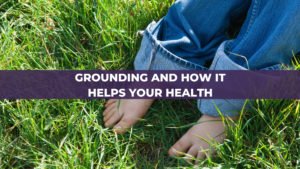Circadian Rhythm, Disease Prevention and an Unexpected Liver Gene Linked to our Body Clock
These two articles reinforce the critical importance of proper circadian rhythm for our health and the second article points out the incredible reality that our organs have their own control center related to time. Article 1 Article 2




